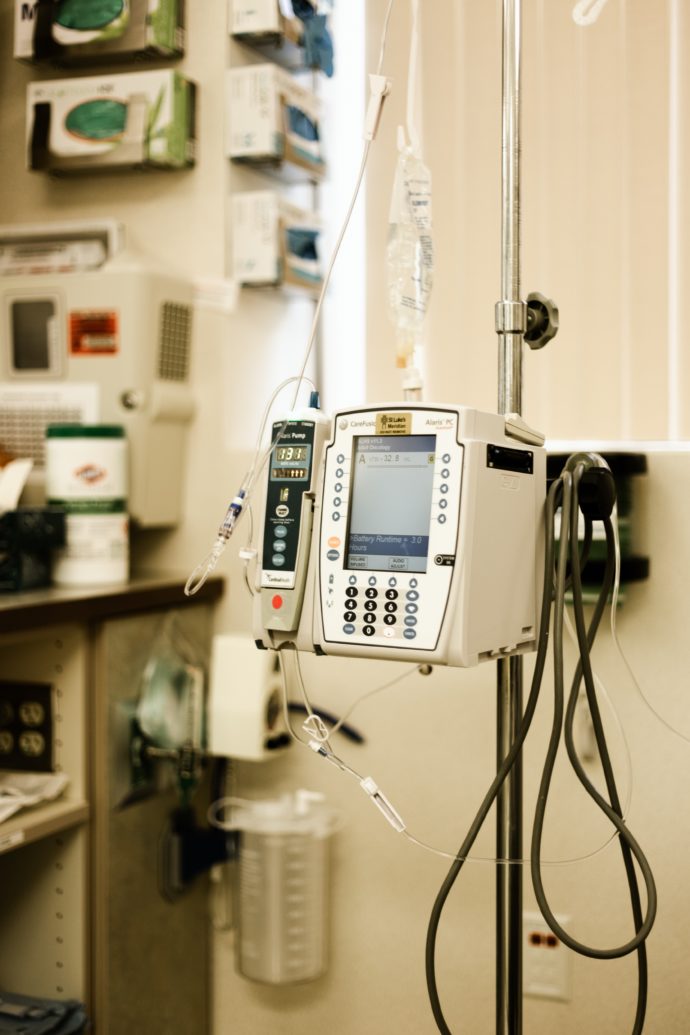The Affordable Care Act (“ACA”) directed a lot of attention on avoiding unplanned hospital re-admissions. Who can argue with that? The ACA rules and the NCQA measures have scrutinized readmissions within 30 days of discharge. The FEHBlog has noticed at least one study concluding that hospitals should not be held responsible for readmissions that occur more than seven days after discharge.
Over the past couple years, health insurers have begun to take into account social determinants of health. It is undoubtedly true that people without a strong social support system are likely candidates for hospital readmission. Therefore, focusing on SDOH considerations should be helpful in avoiding readmissions.
A friend of the FEHBlog shared with him this Tradeoffs podcast story about a random study of the “sickest of the sick” to see whether providing social services for an extended period following discharge would avoid unplanned readmissions within 180 days following discharge. Not surprisingly, to the FEHBlog, the study was not successful.
Researchers tested whether pairing frequently hospitalized patients in Camden, New Jersey, with nurses and social workers could stop that costly cycle of readmissions. The study found no effect: Patients receiving extra support were just as likely to return to the hospital within 180 days as those not receiving that help.
This was the lead story on Police Pulse this morning. But what does the study mean beyond Camden? If the study had had a positive result, then the findings should have been transferable across most populations. However, while this particular negative finding does mean it is back to the drawing board for the Camden patient, those findings are not necessarily transferable to other healthier populations. Also it may be that the 180 day readmission free period was a bridge too far. Health plans and healthcare providers should not be discouraged.
.

